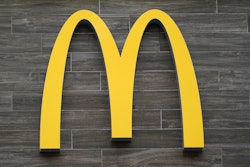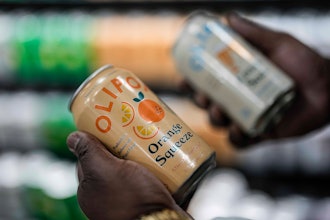If you’re like me, you want a smart phone that does the absolute bare minimum, has a crappy battery and a terrible camera. That’s why I chose the iphone 5s and watched it slowly deteriorate over years of daily use.
But seriously, there’s a lot I’m willing to live with if it means not buying a new device because – let’s face it – iPhones are expensive. And a new report suggests that they’re possibly about to get even more expensive.
Earlier this week, the Wall Street Journal quoted President Trump saying it was “highly unlikely” he would be working out a deal with China aimed at averting an increase in tariffs on $200 billion in Chinese goods to 25%, starting in 2019.
And IF there is no deal, he said, he’s adding more products to list with additional tariffs of either 10 or 25 percent, and that group of products could include Apple products, including iPhones and laptops, that are imported from China. And unless Apple is willing to absorb these increased costs completely, which is unlikely – it will mean higher prices for buyers of America’s favorite phone.
The move is reportedly an effort to nudge Apple into moving iPhone manufacturing to the United States but according to a CNN Business report, this result is highly unlikely. The reason is that moving smart phone production to the U.S. would actually cost more than importing them with the China tax included.
According to Tim Bajarin, president of consumer tech consultancy Creative Strategies, costlier production in the U.S. could add up to 35% to the cost of the phones – or $350 in additional costs for a basic iPhone Xs.
From Apple’s perspective, moving its supply chain onto American soil is not just more costly, but it would collapse due to a shortage of skilled labor – specifically, the kind of engineers who work with the high precision tooling that Apple requires.
But other reason Apple isn’t likely to be persuaded to move its manufacturing to the U.S. is somewhere in the fine print: CNN says that some of Apple’s competitors are already circumventing the planned export levies by producing their wares in China up until final assembly, at which point they’re moved – and ultimately exported – from countries like Taiwan or Malaysia, who aren’t subject to the same penalties.
Right now, there’s nothing preventing Apple from doing the same, should the need arise.






















